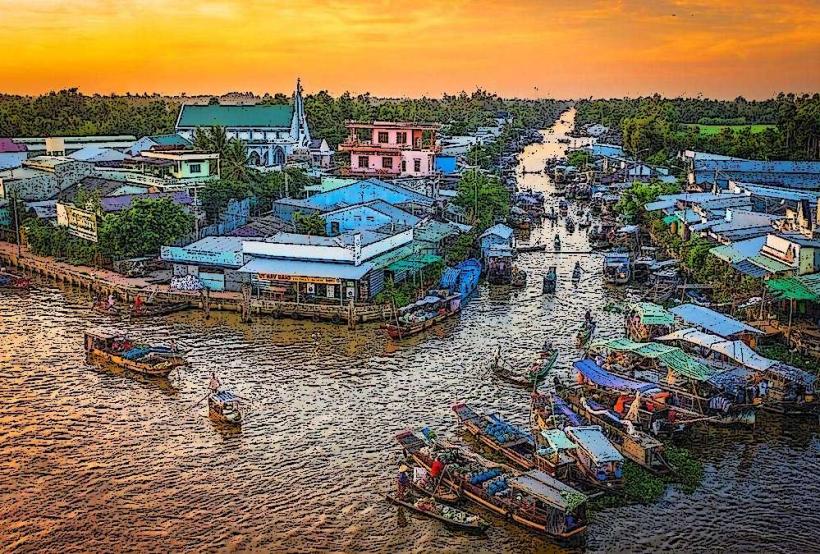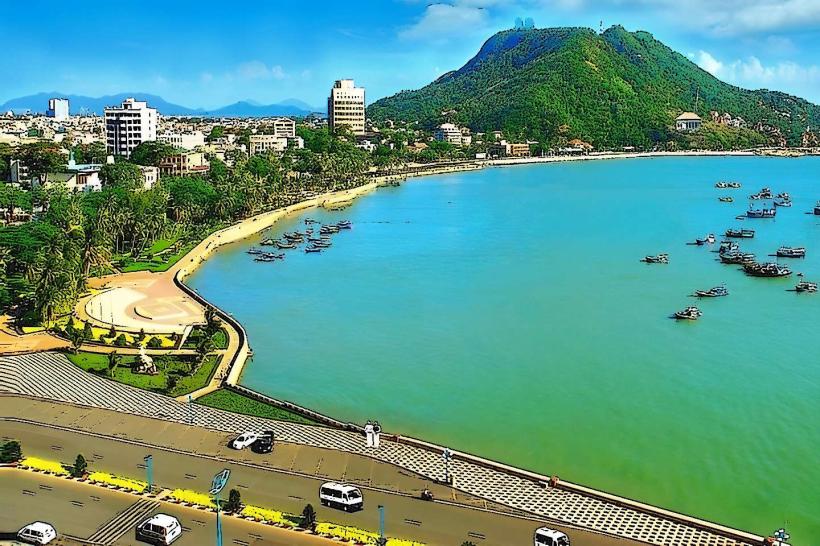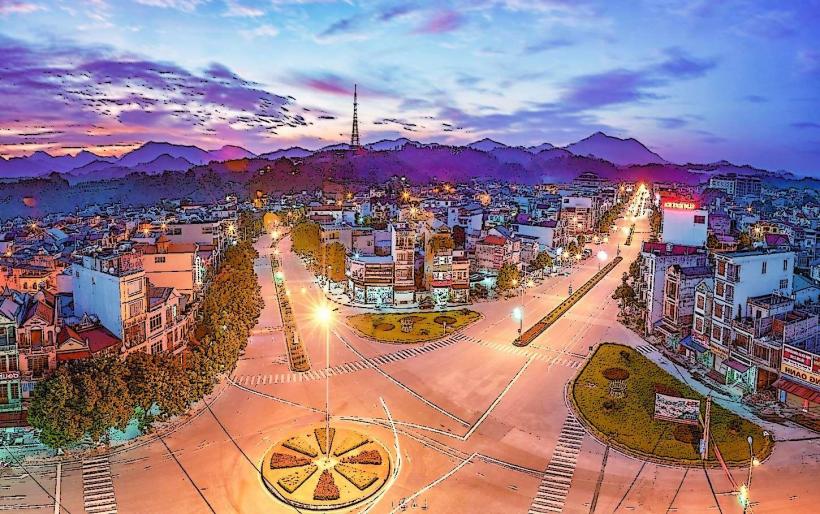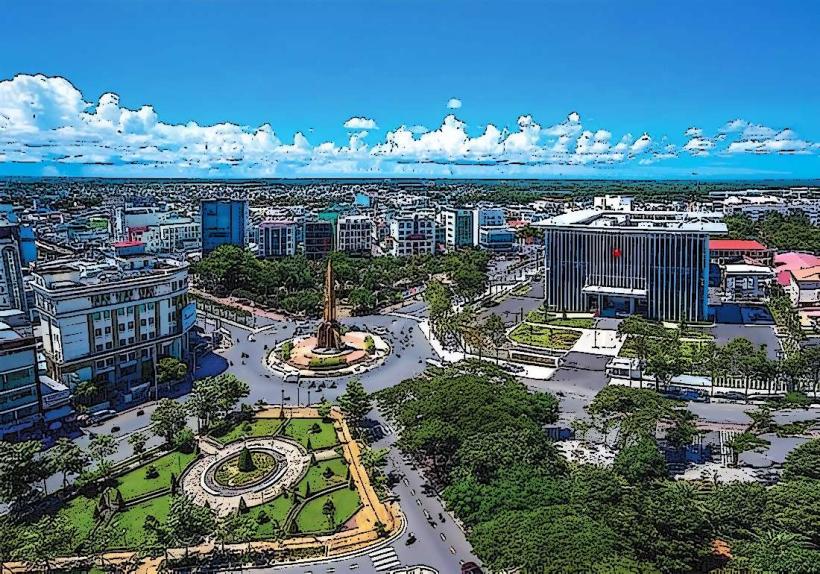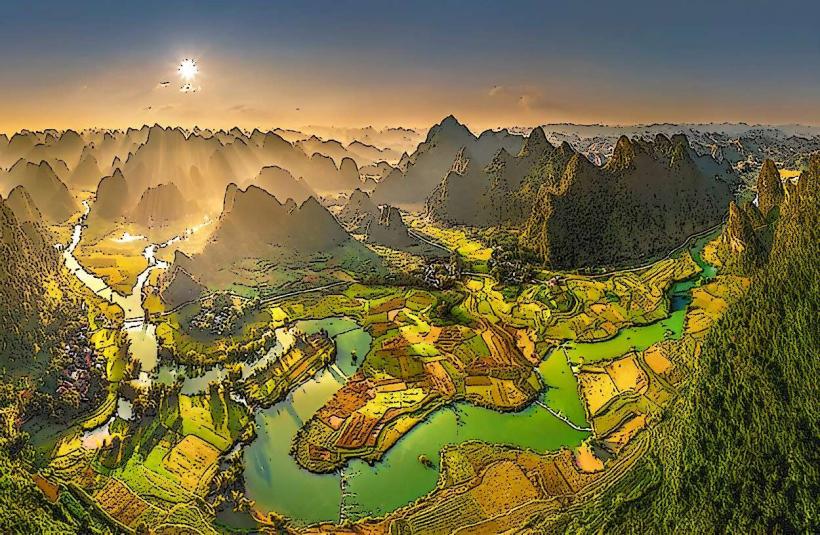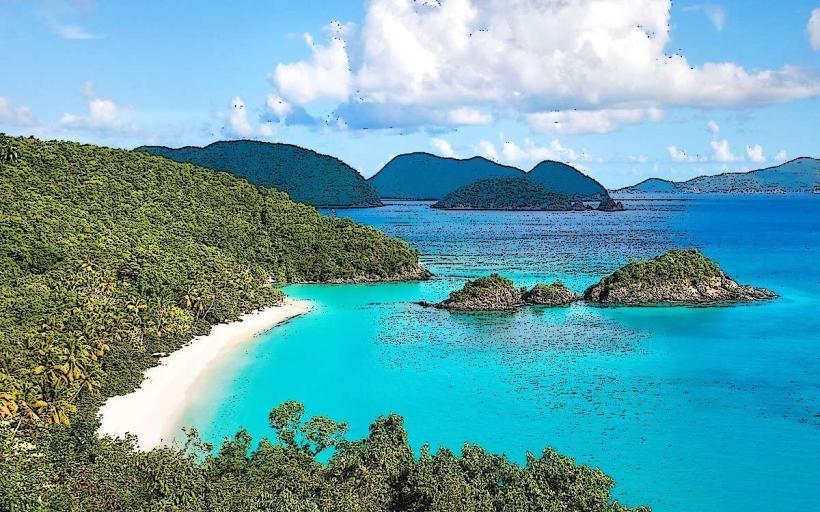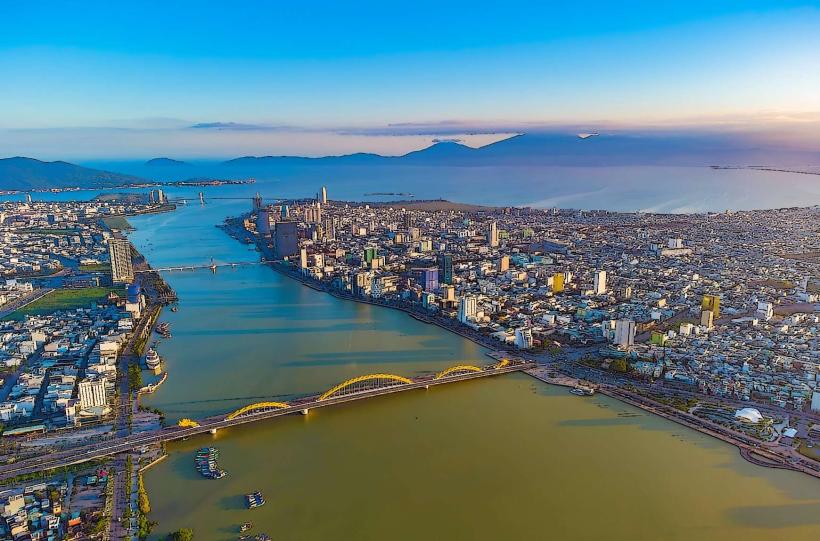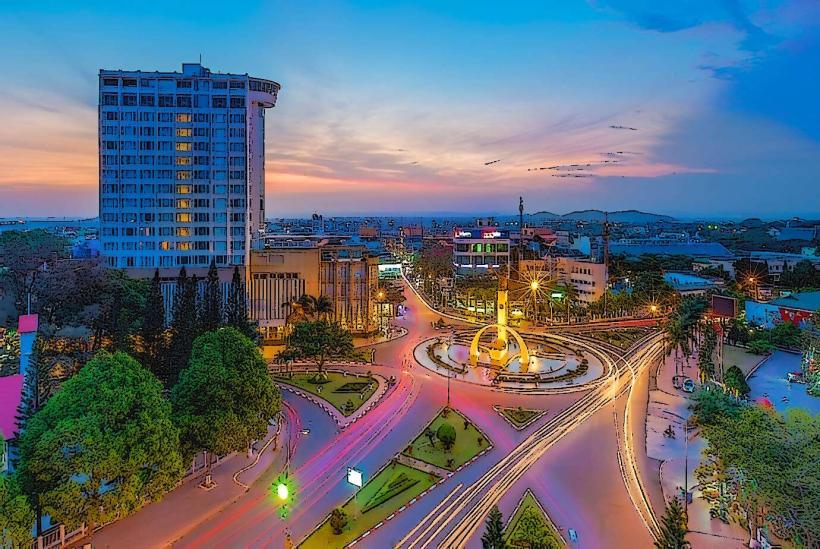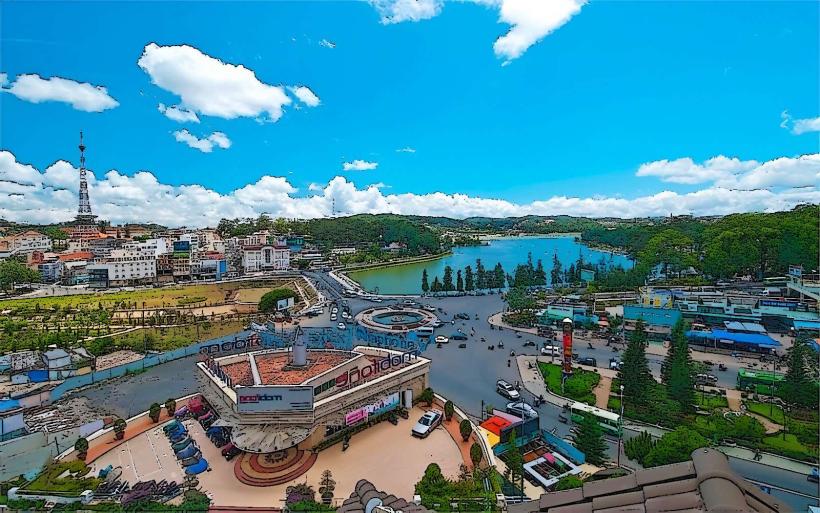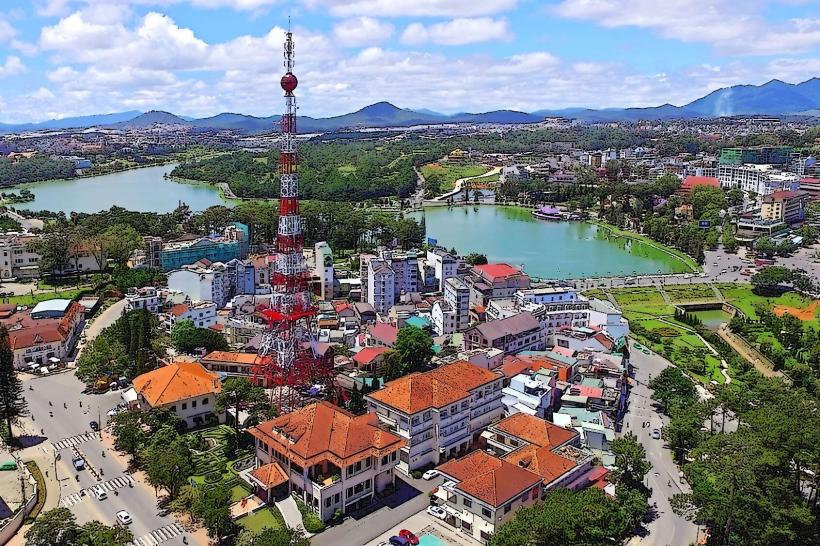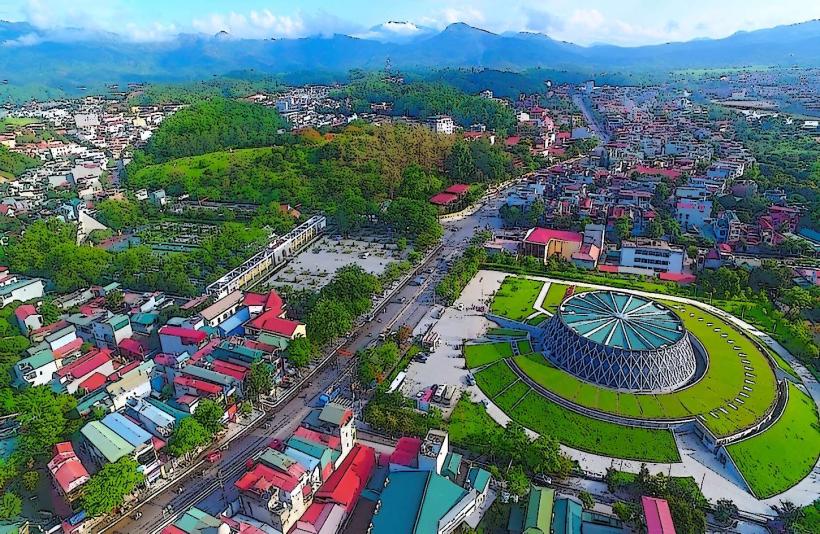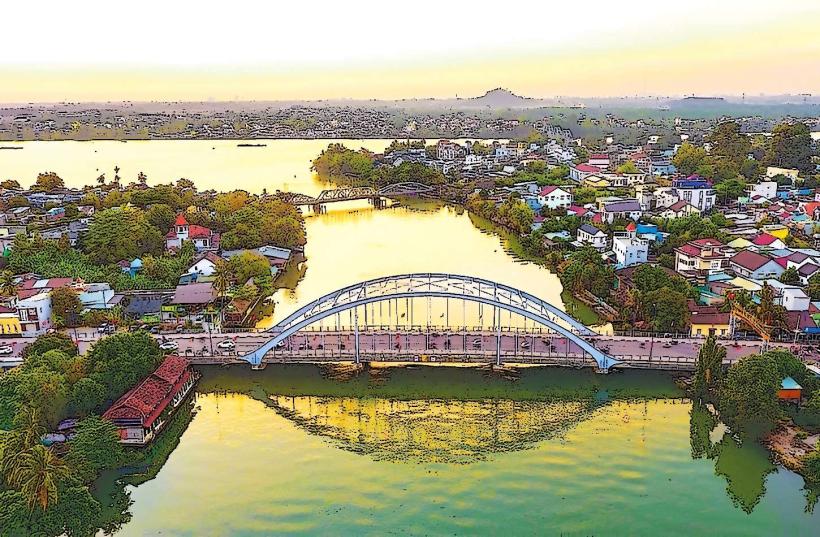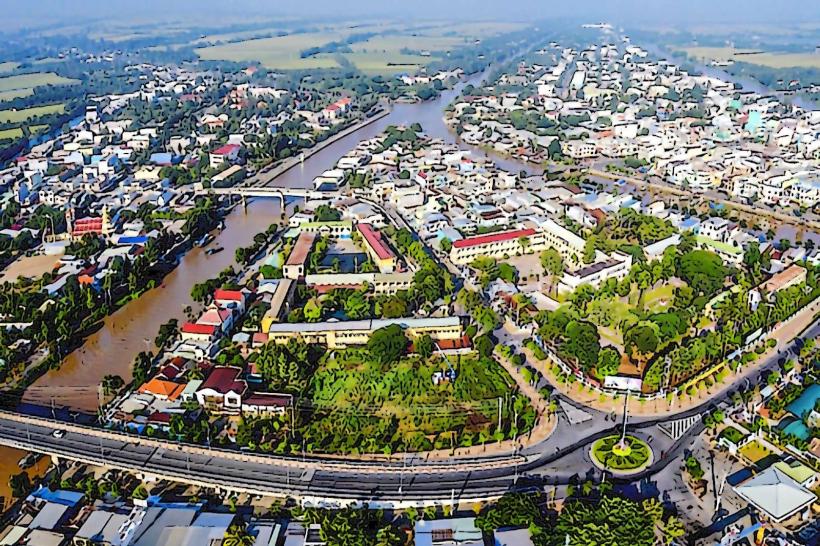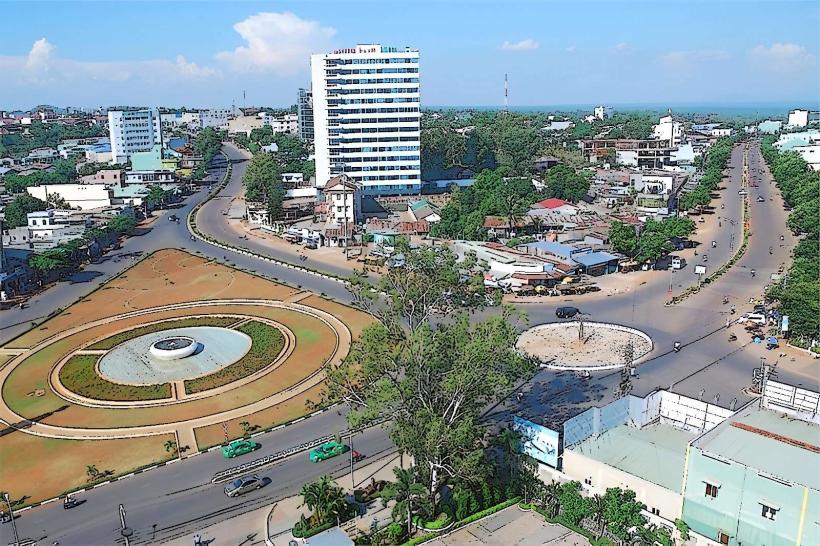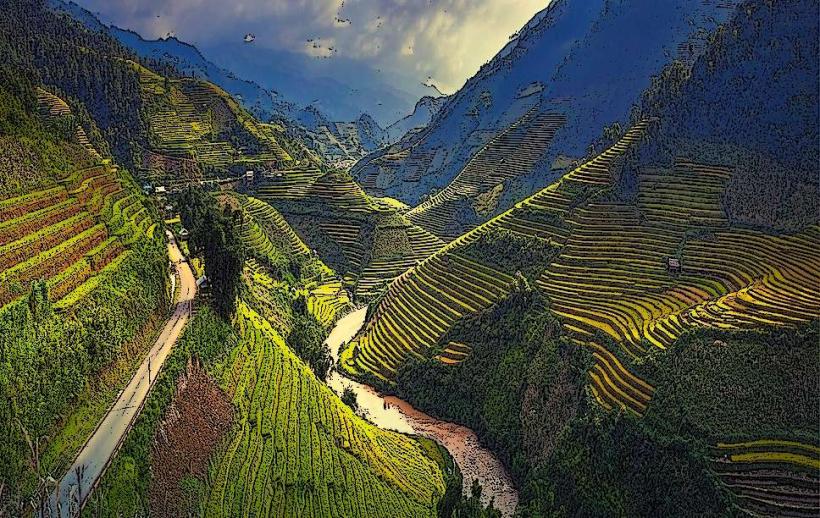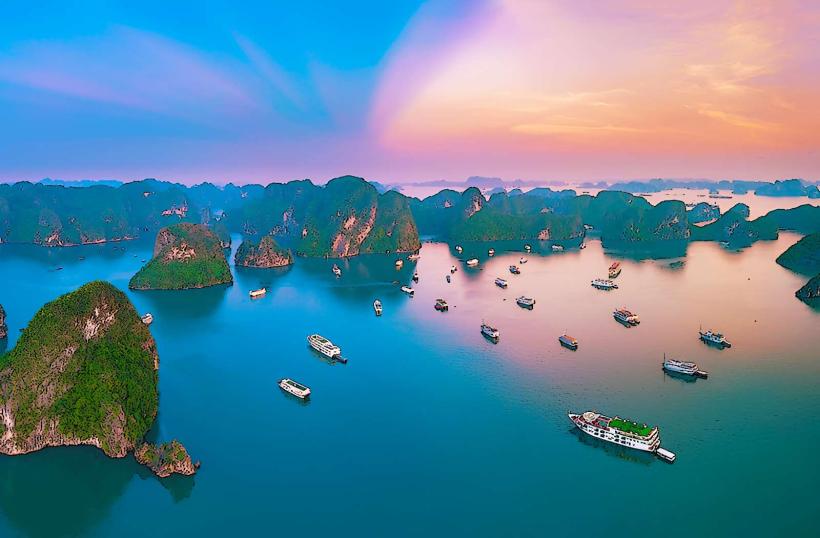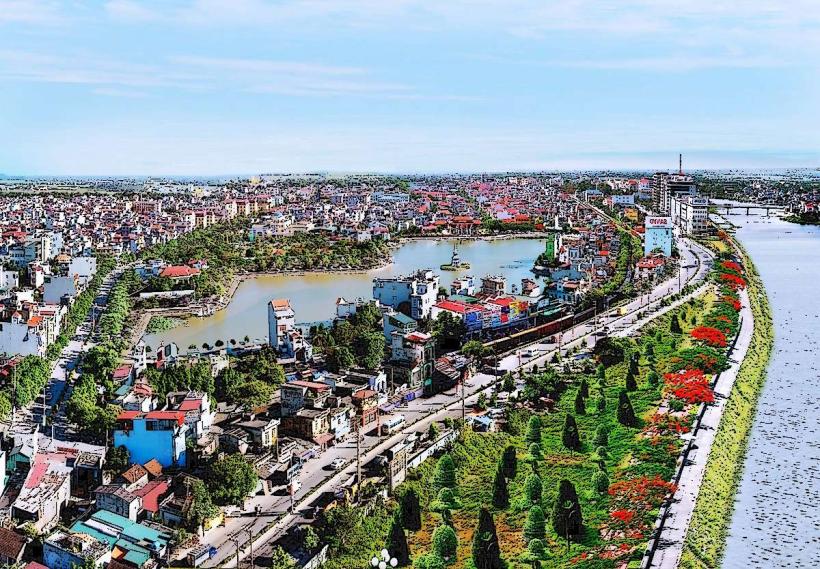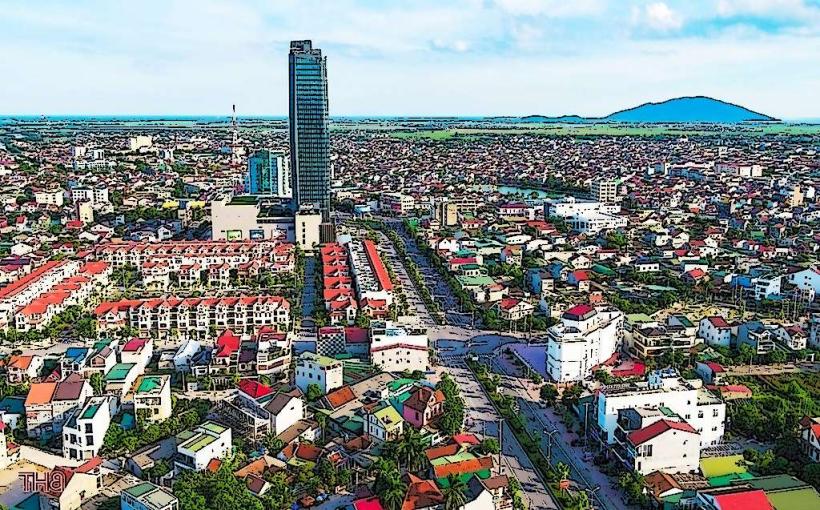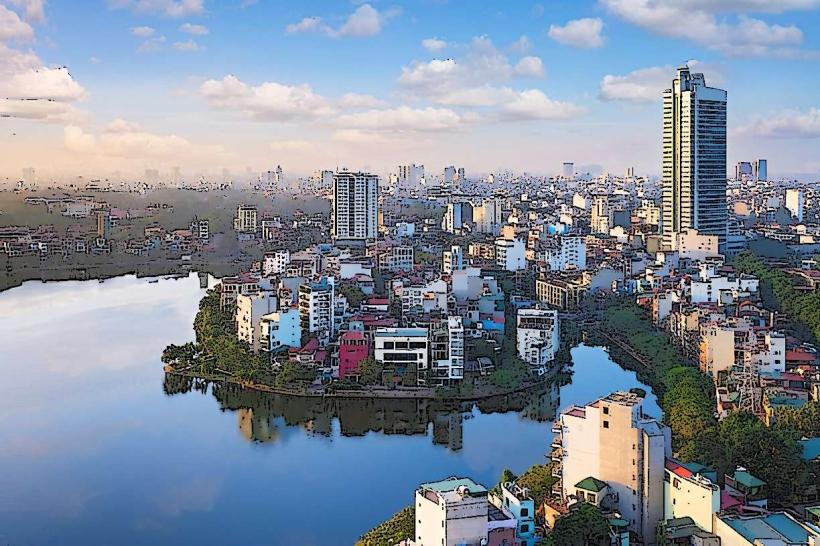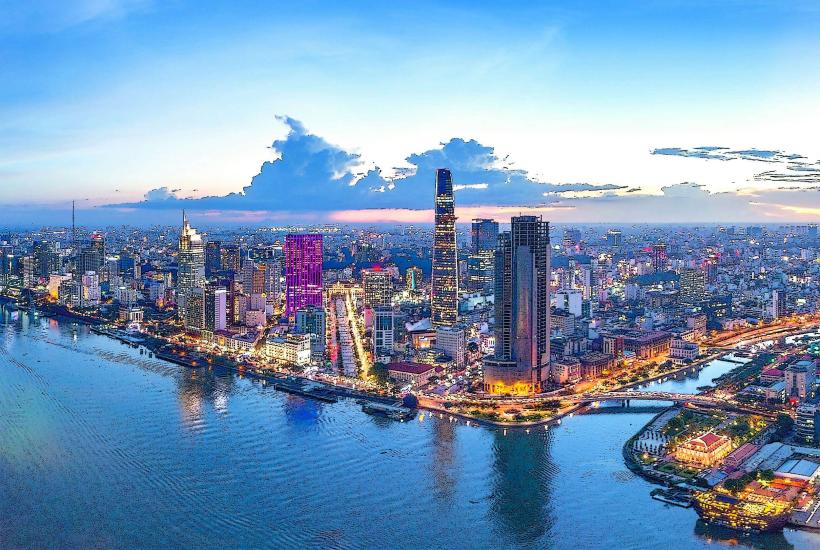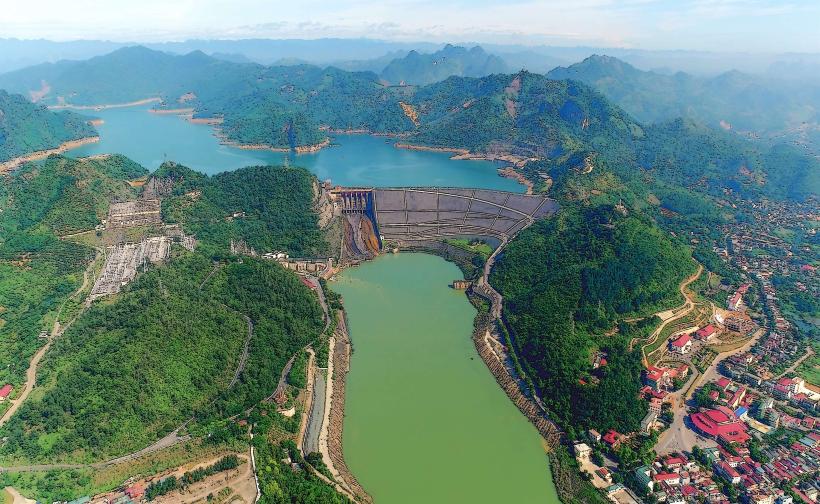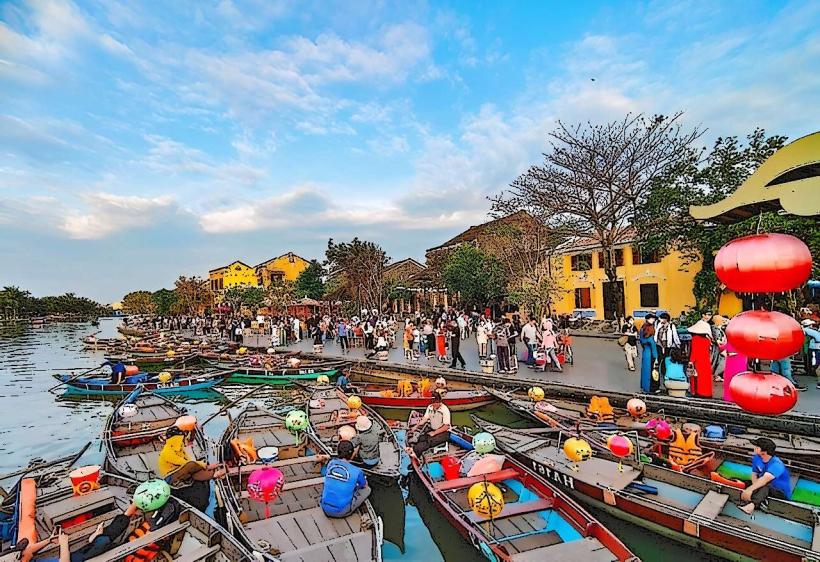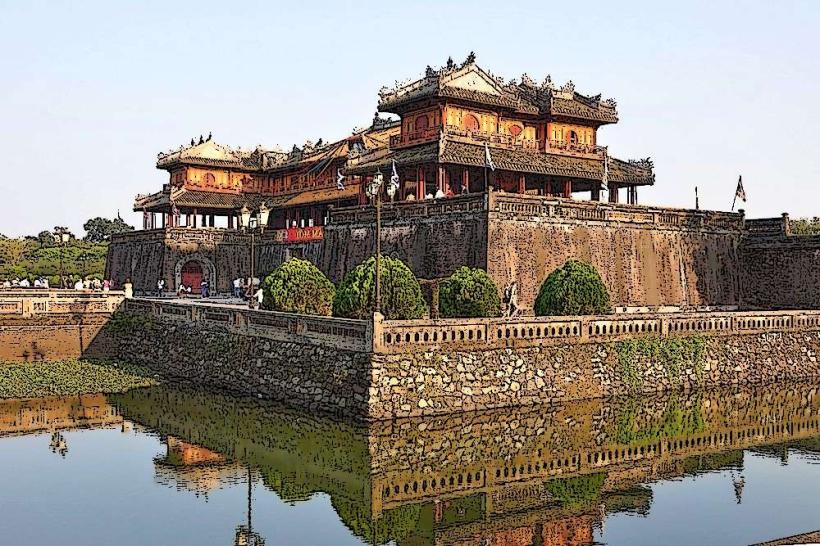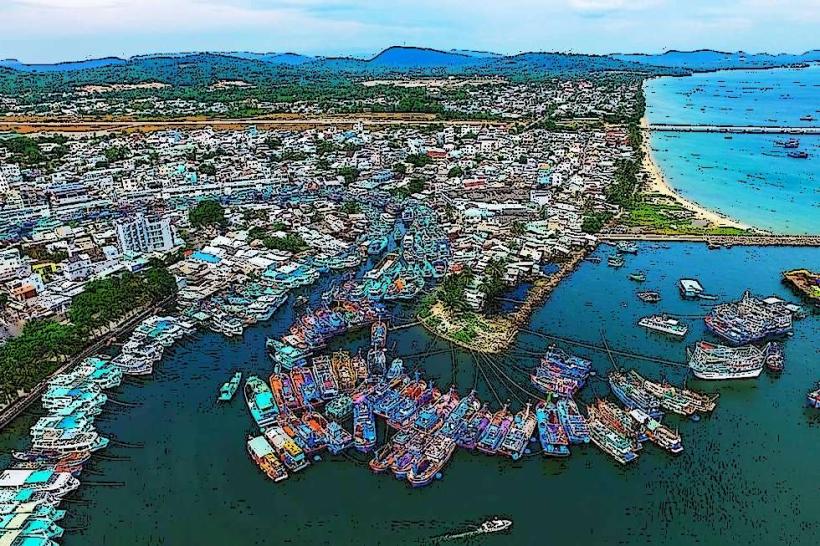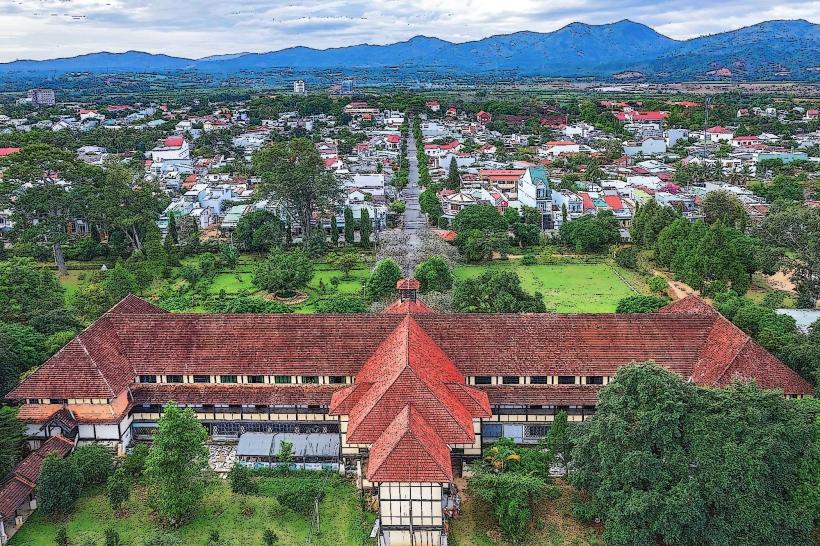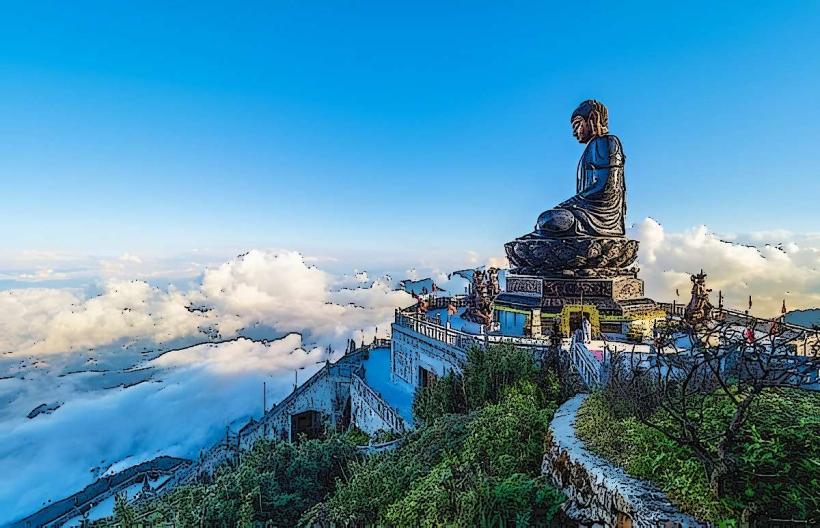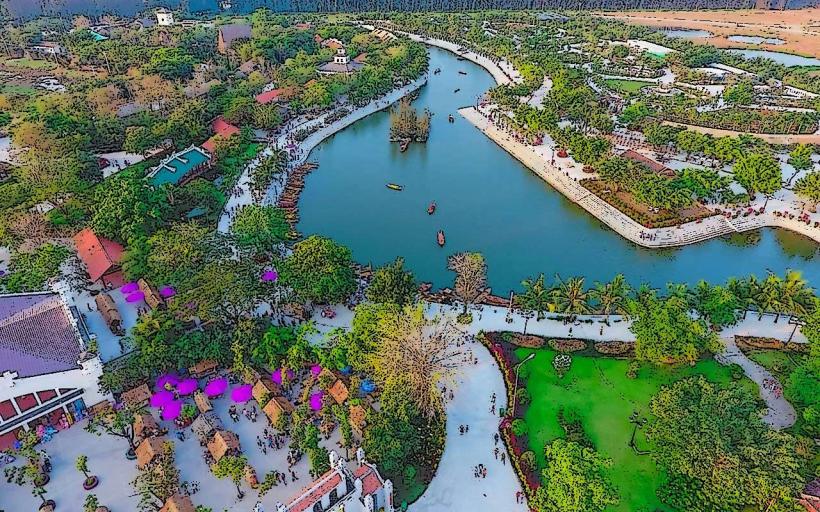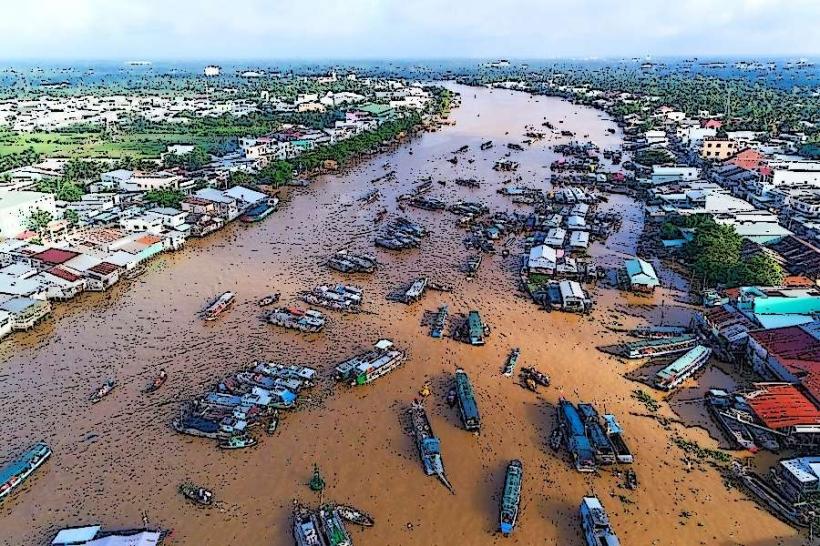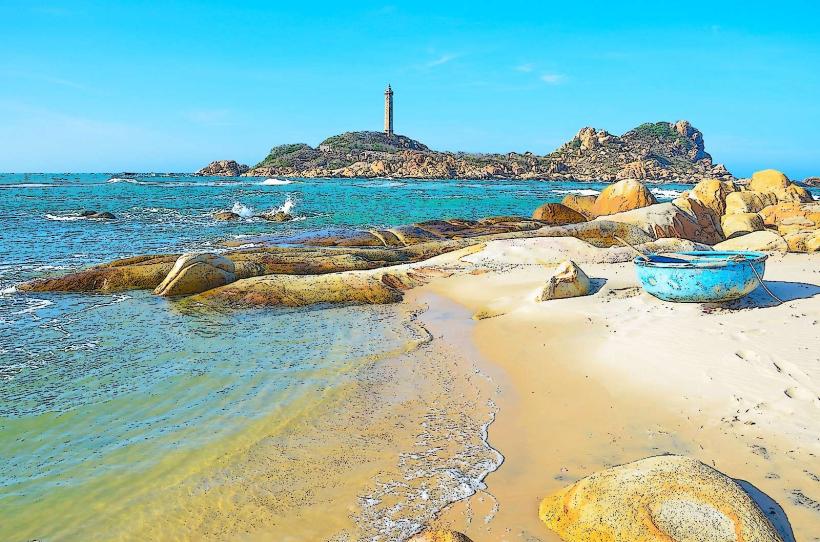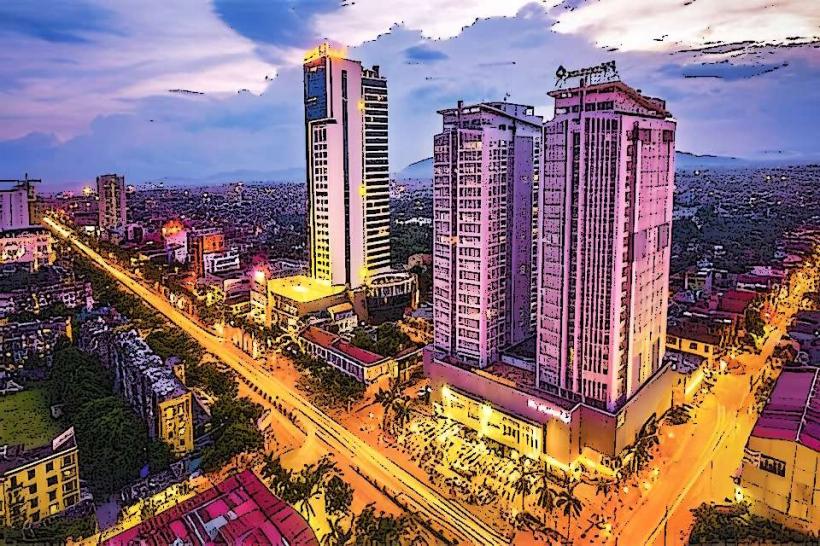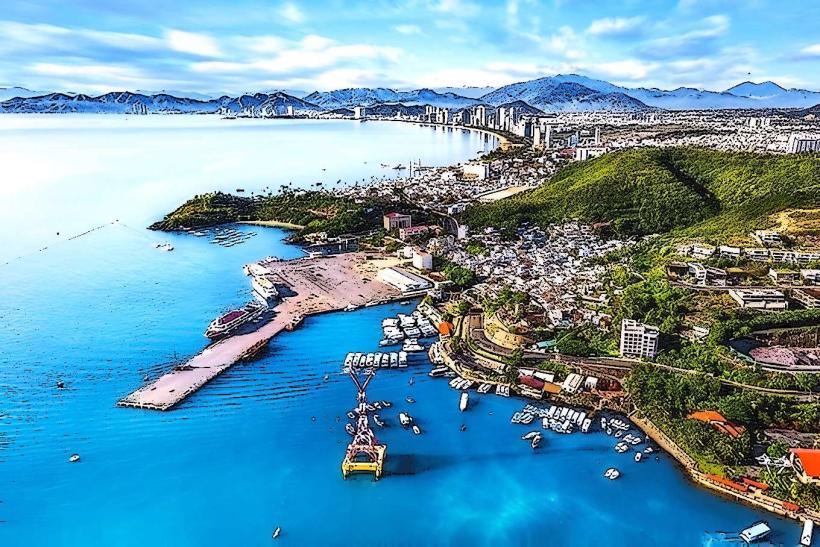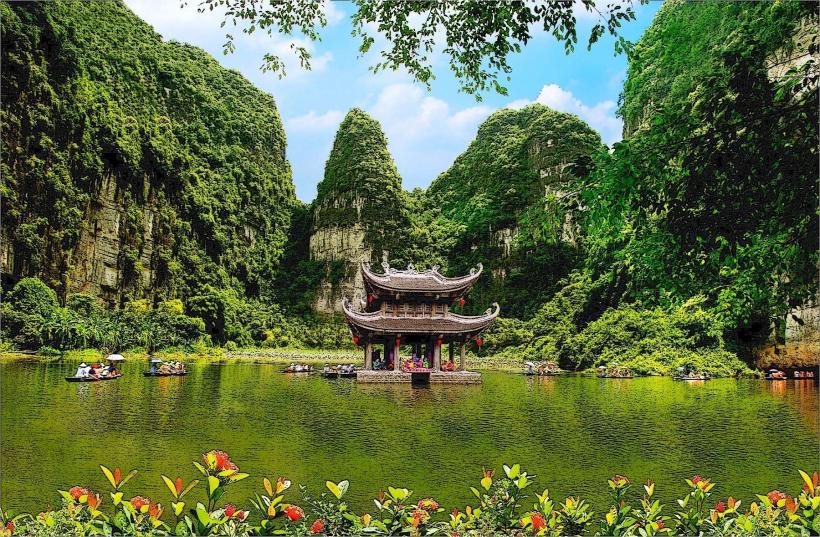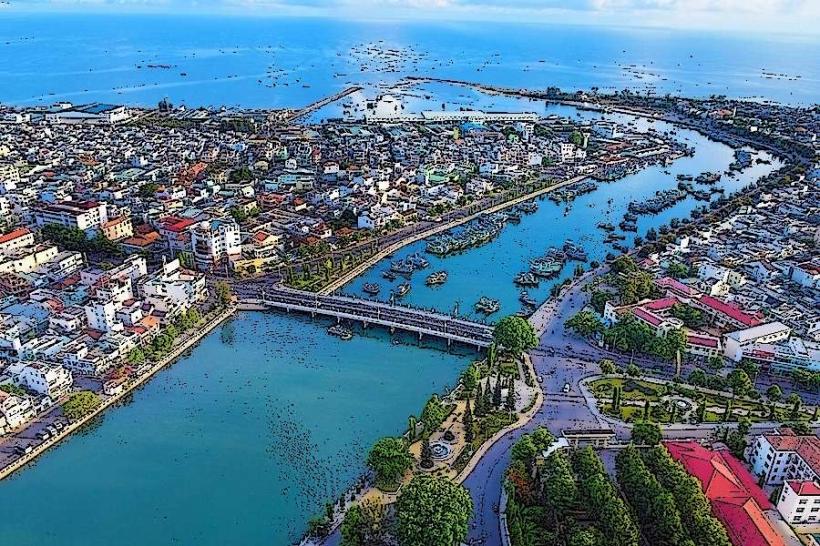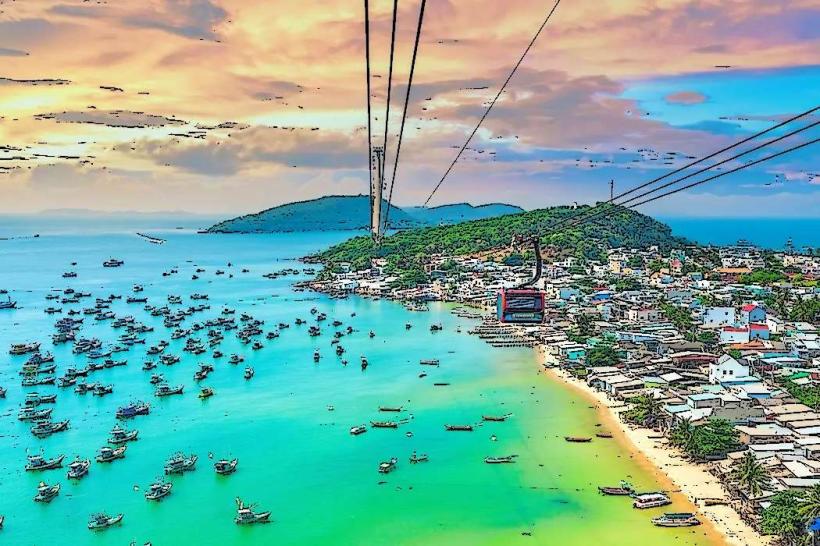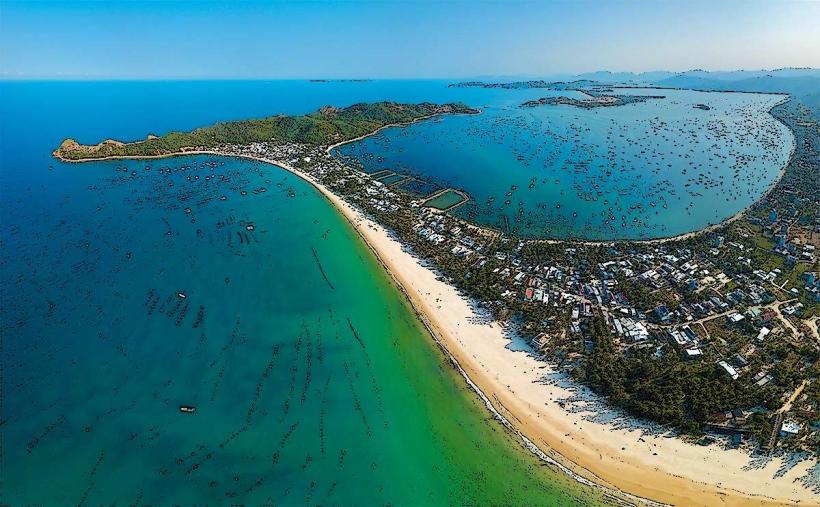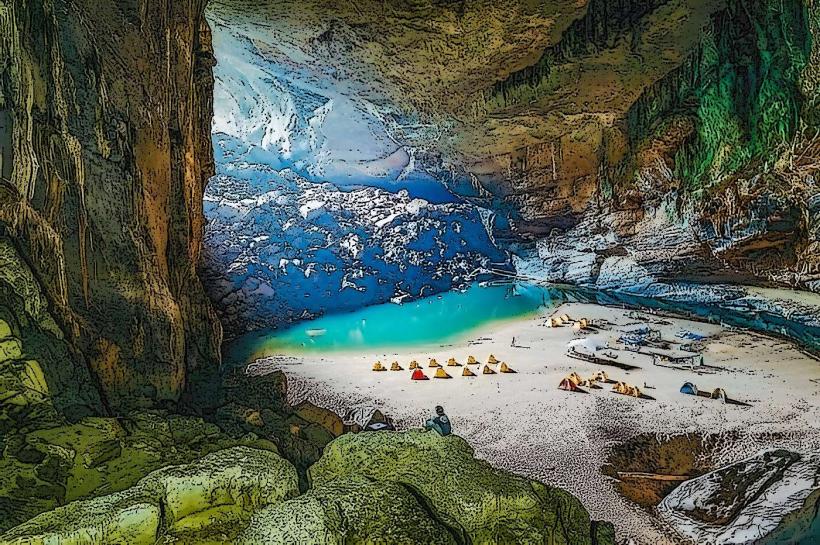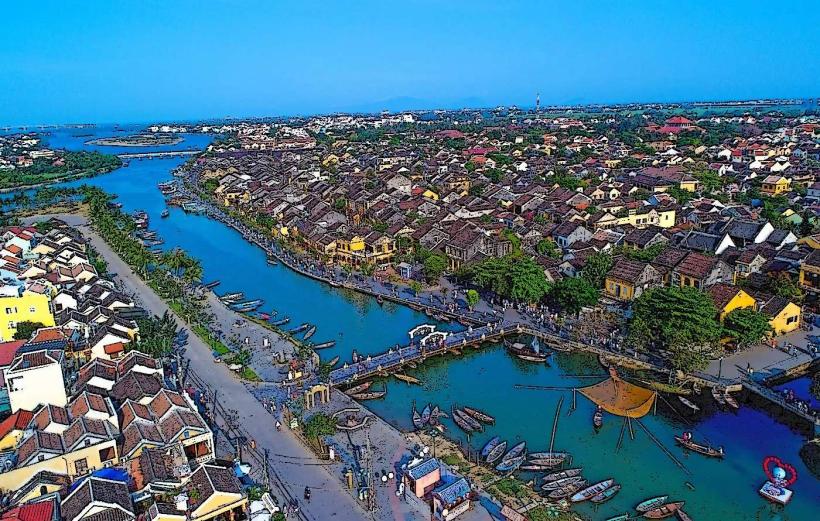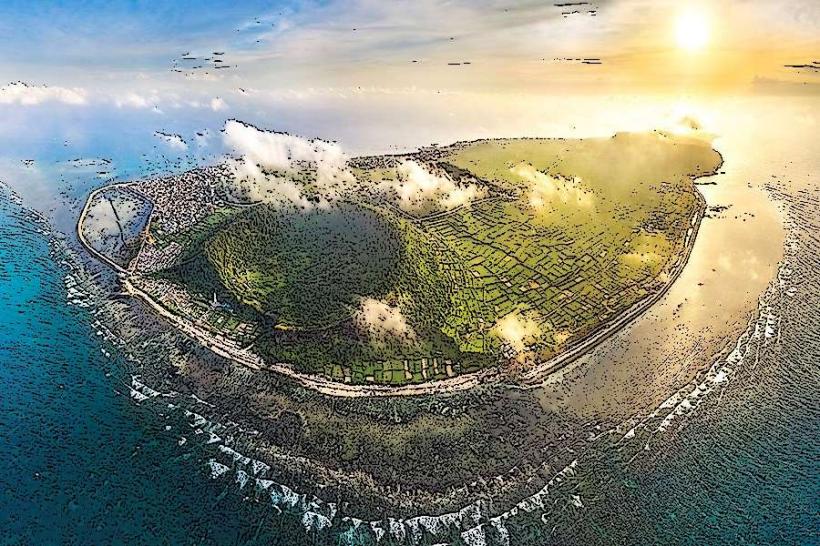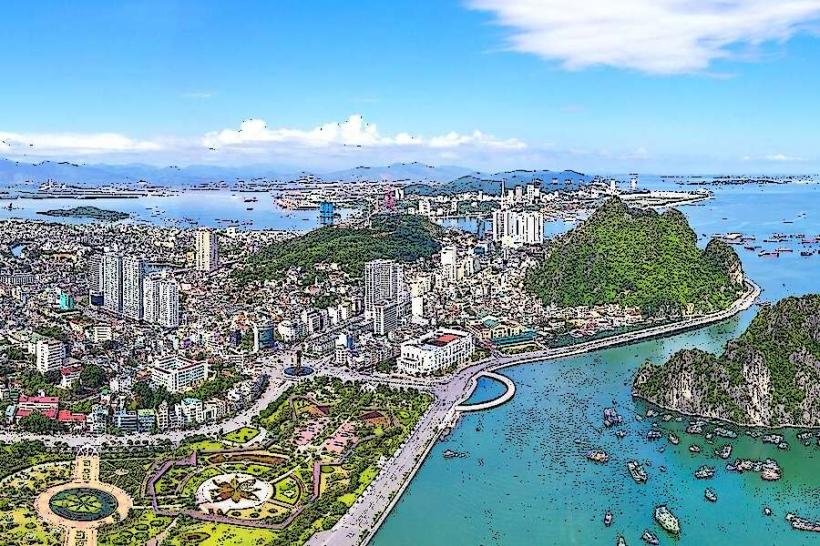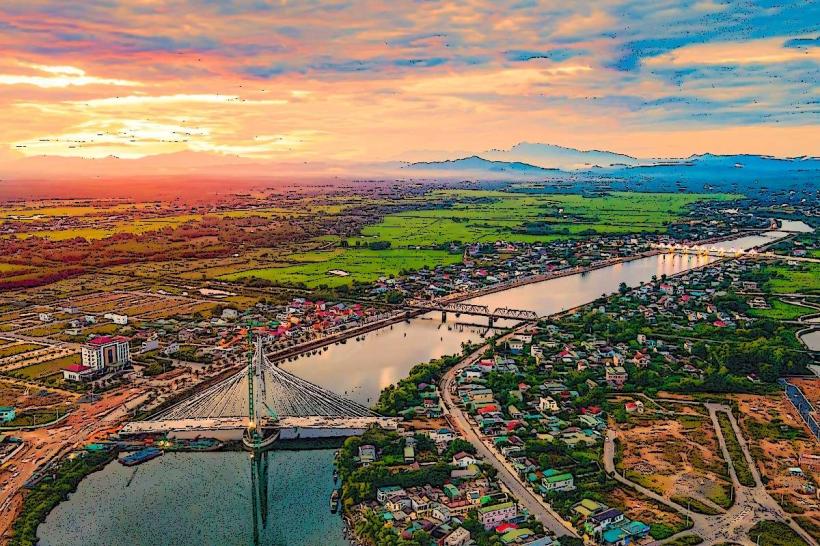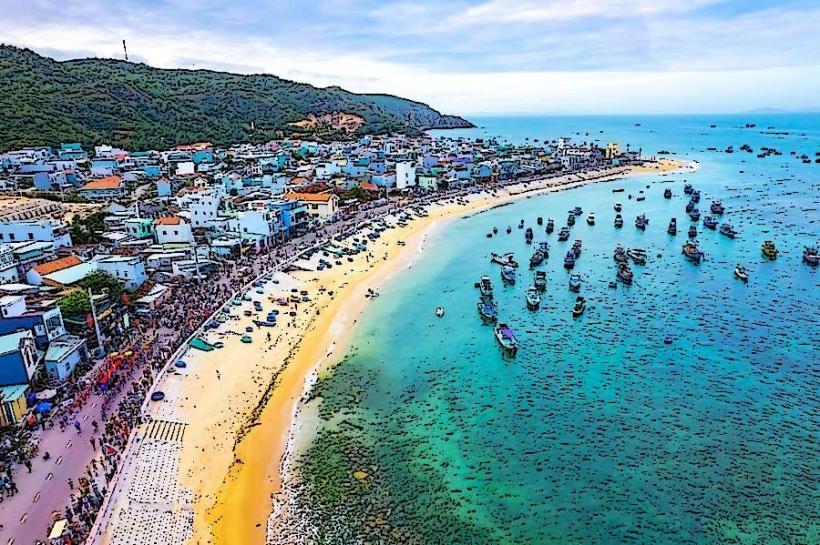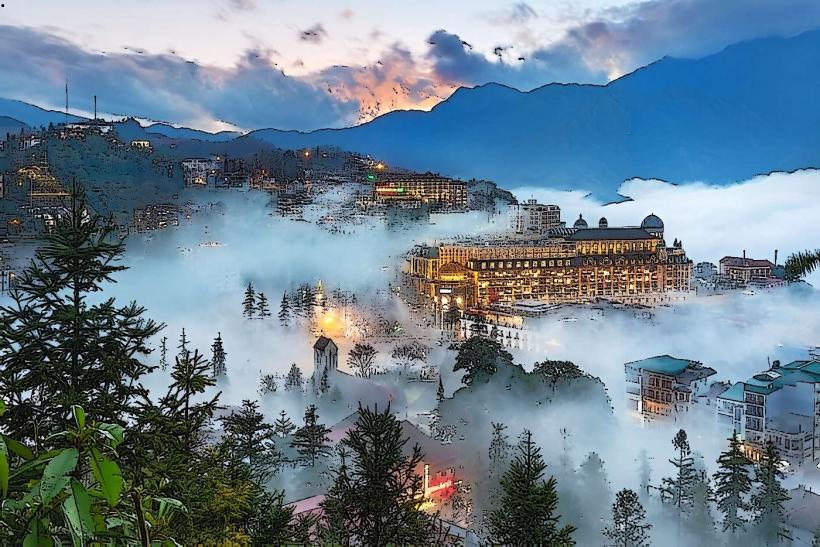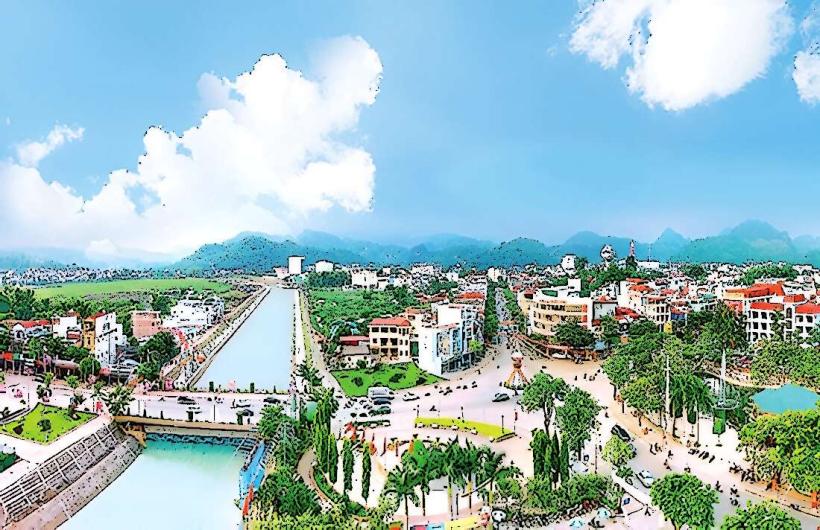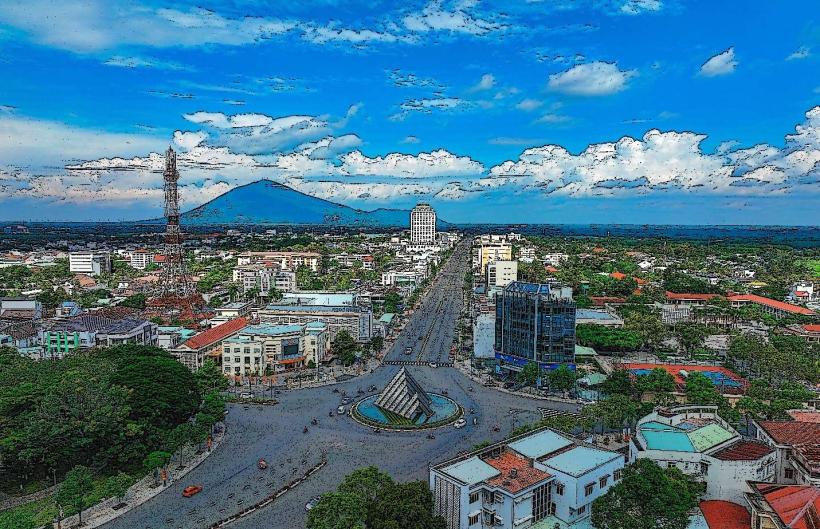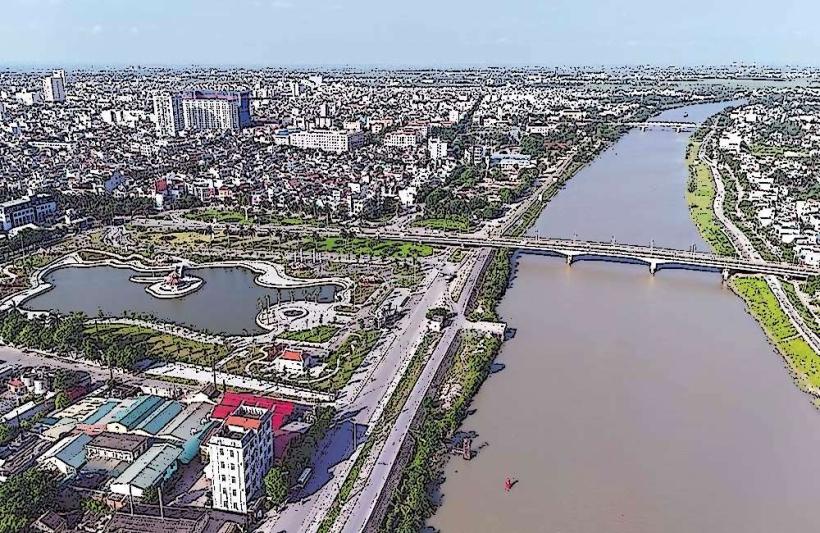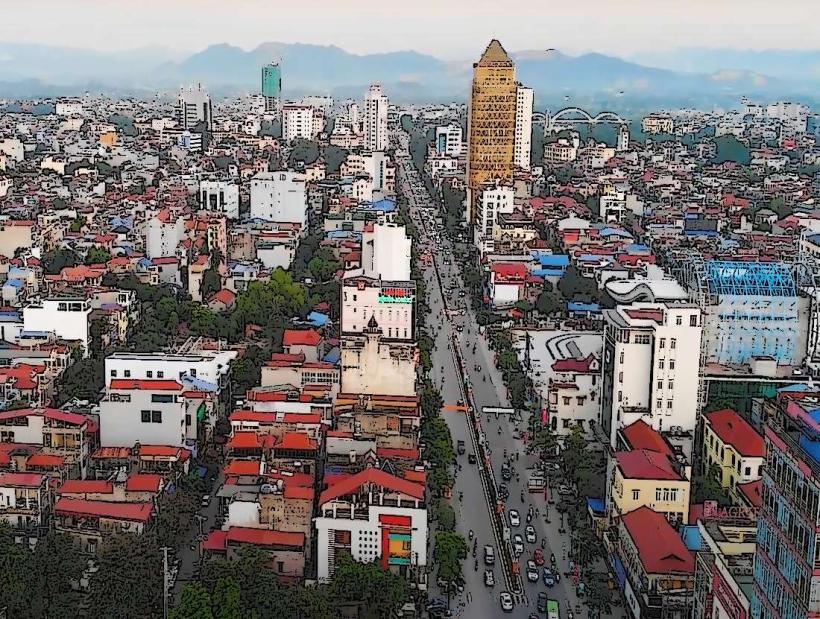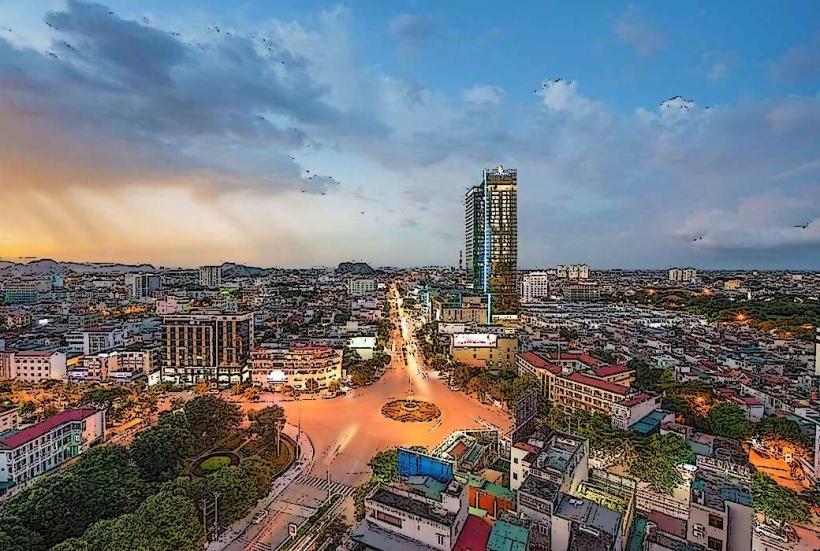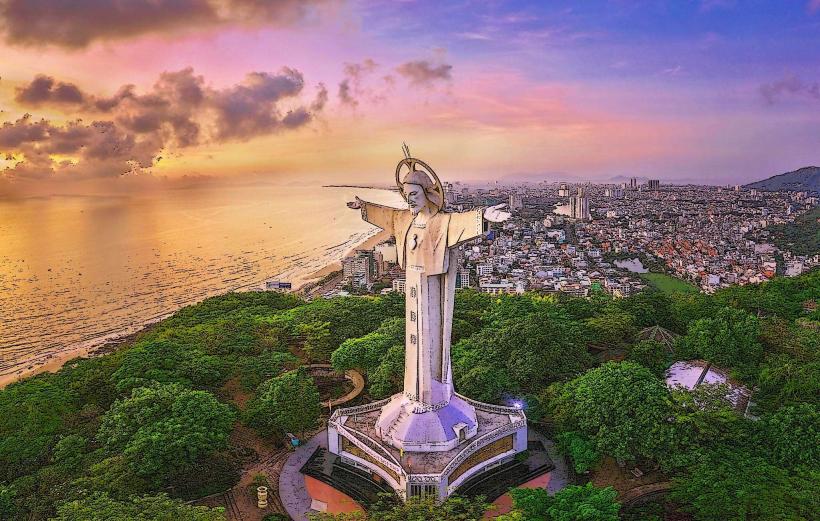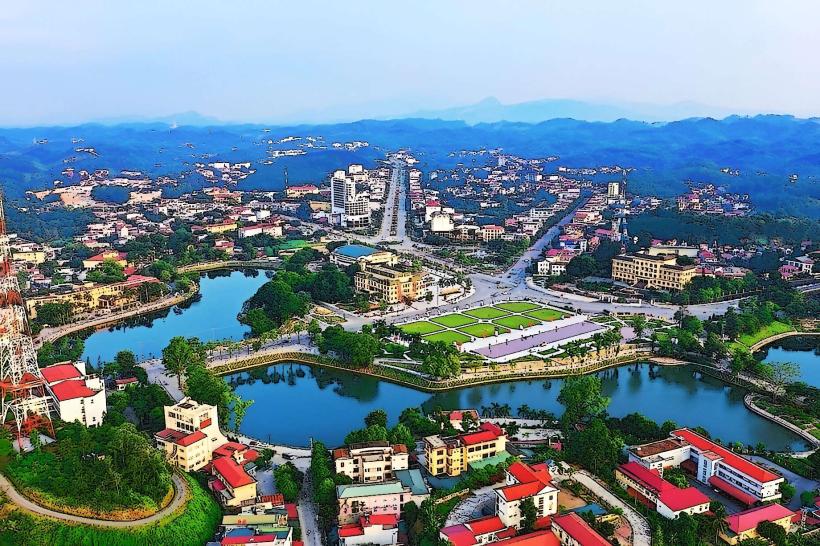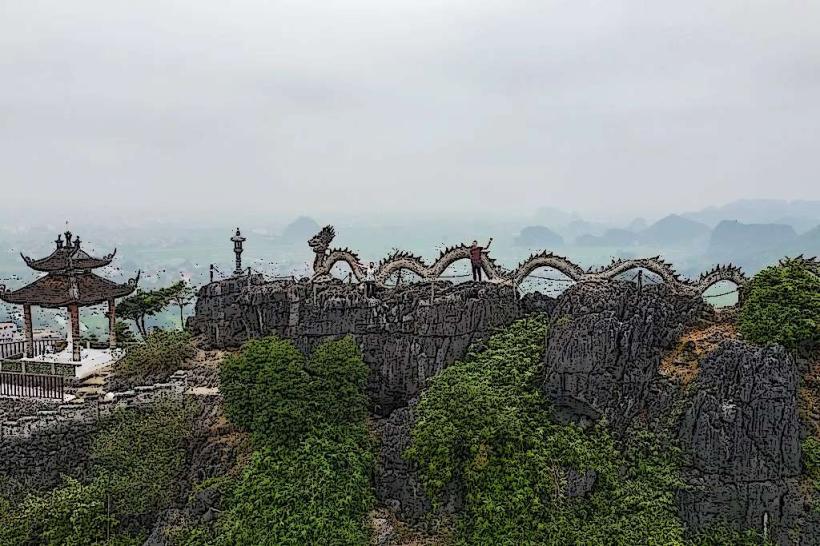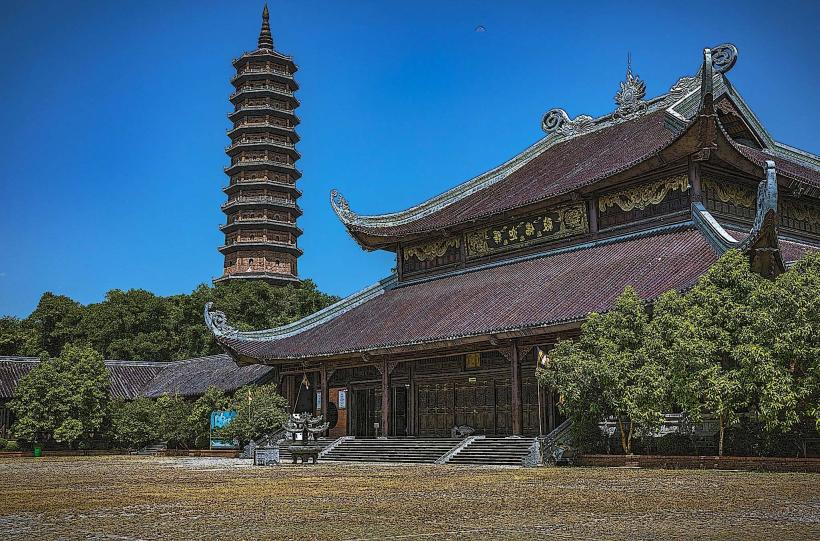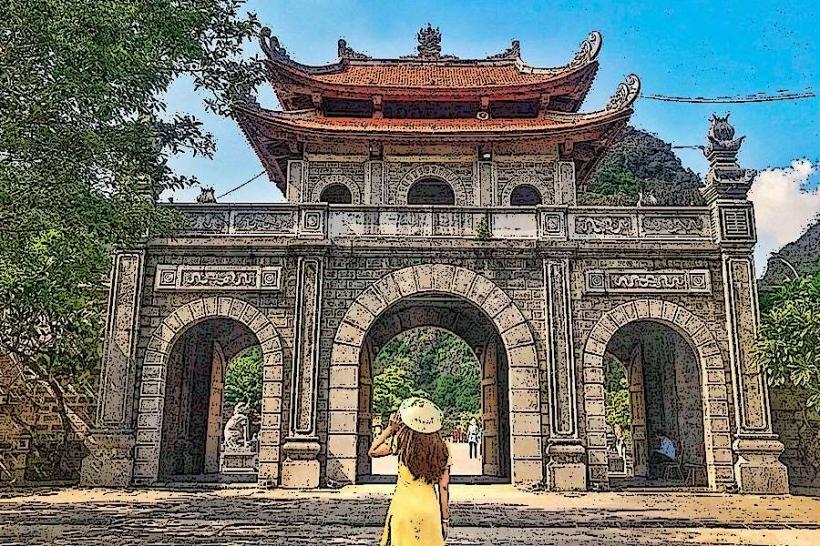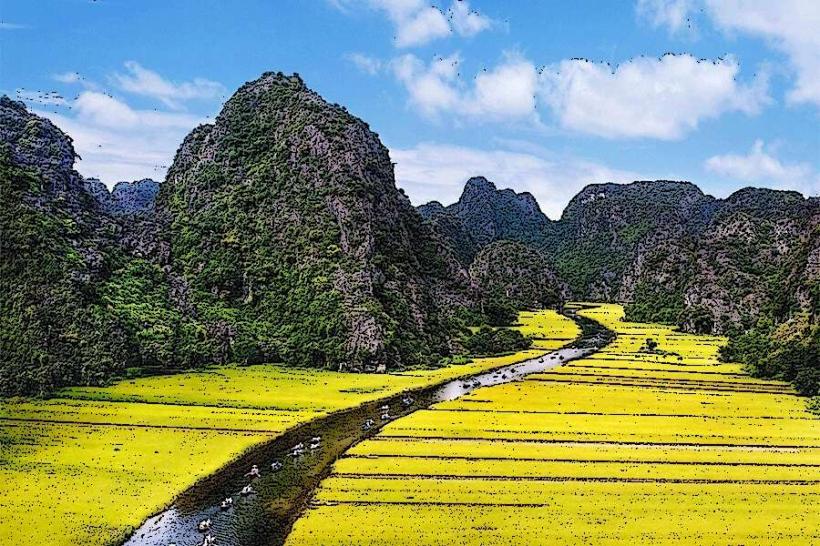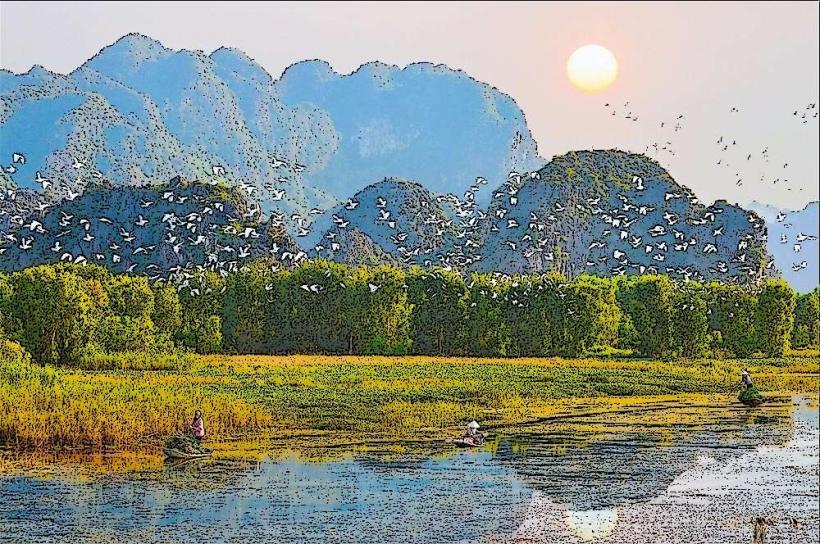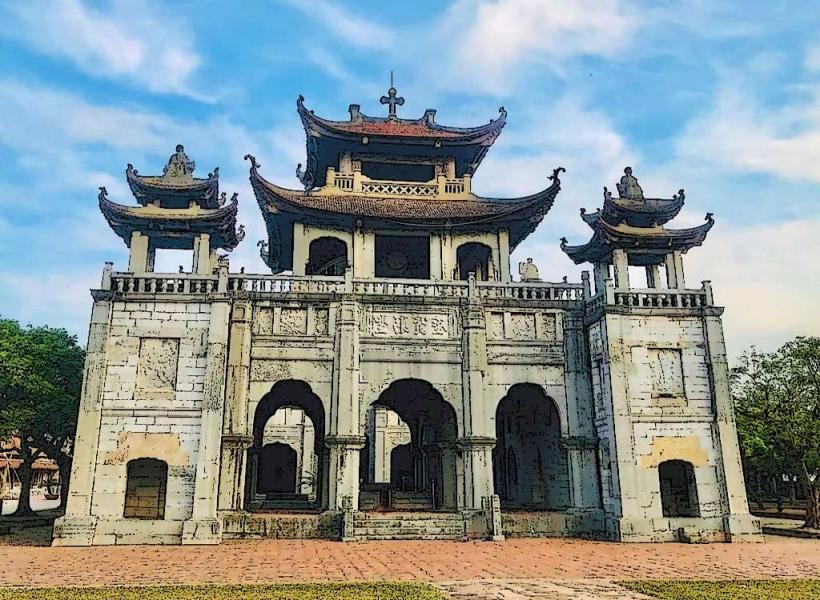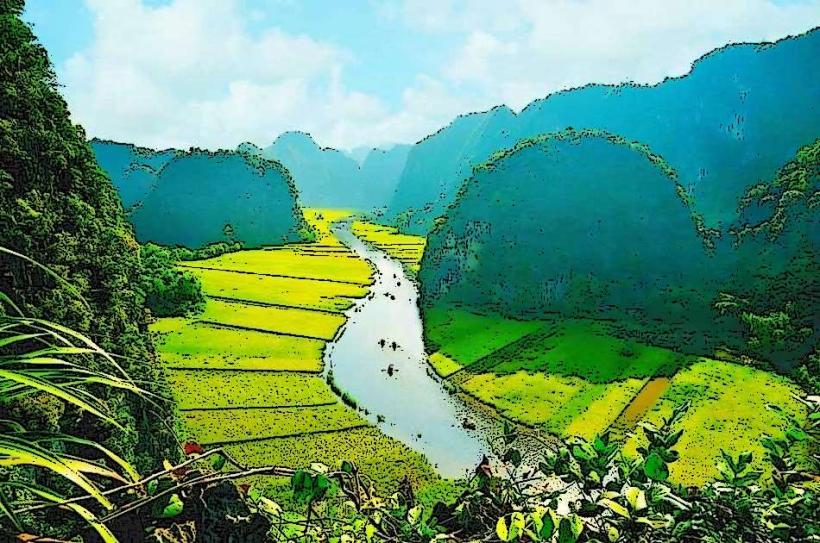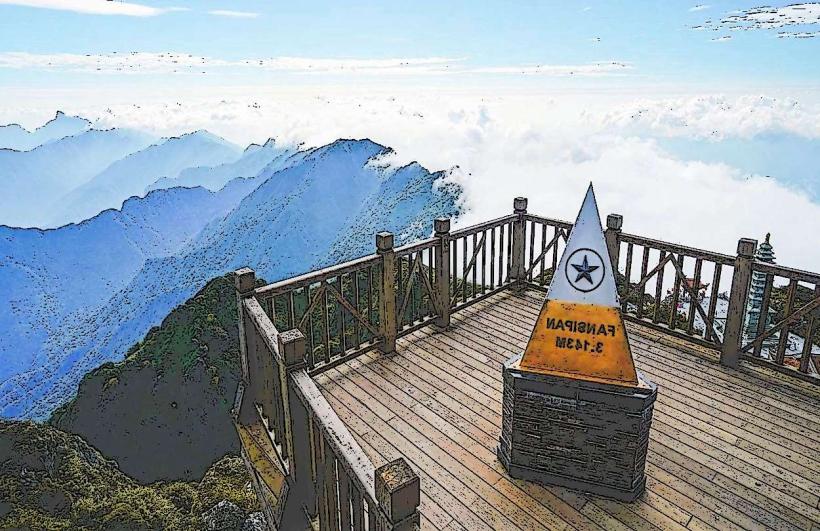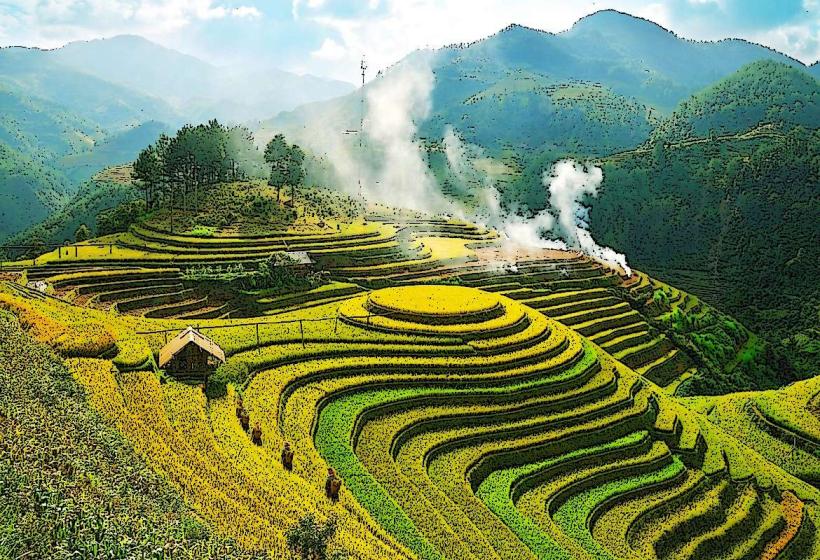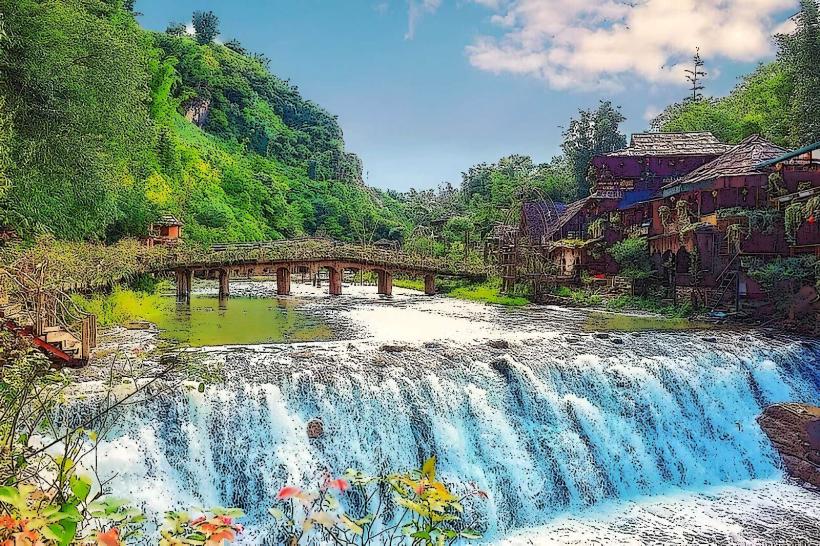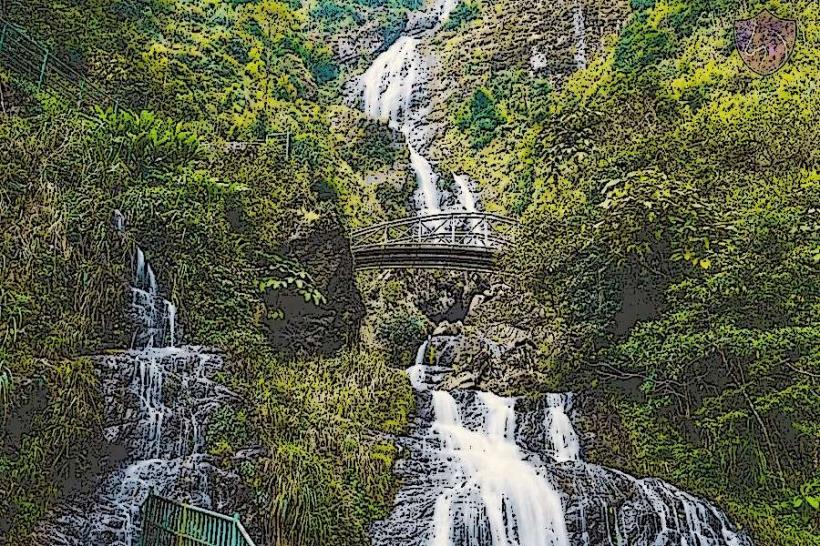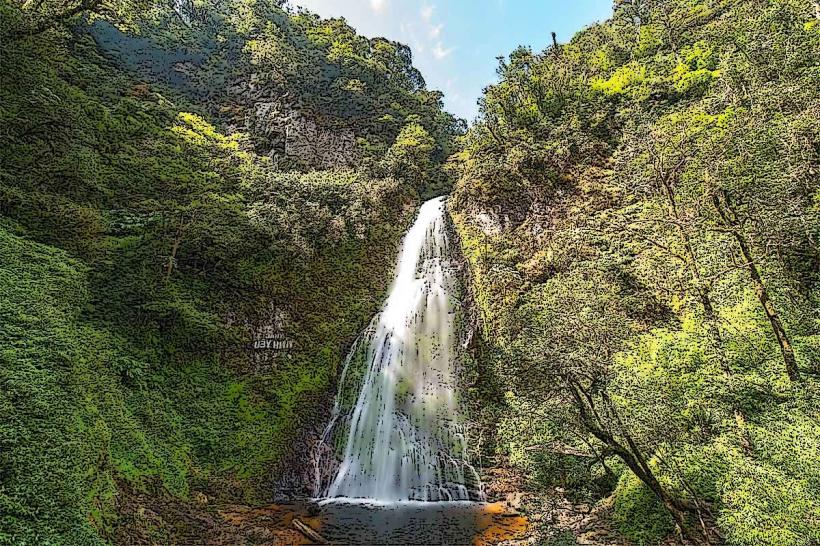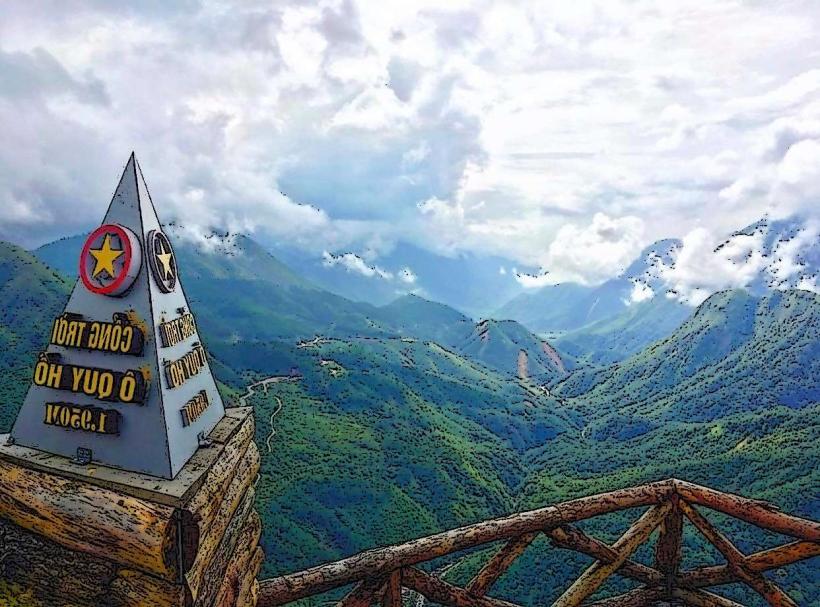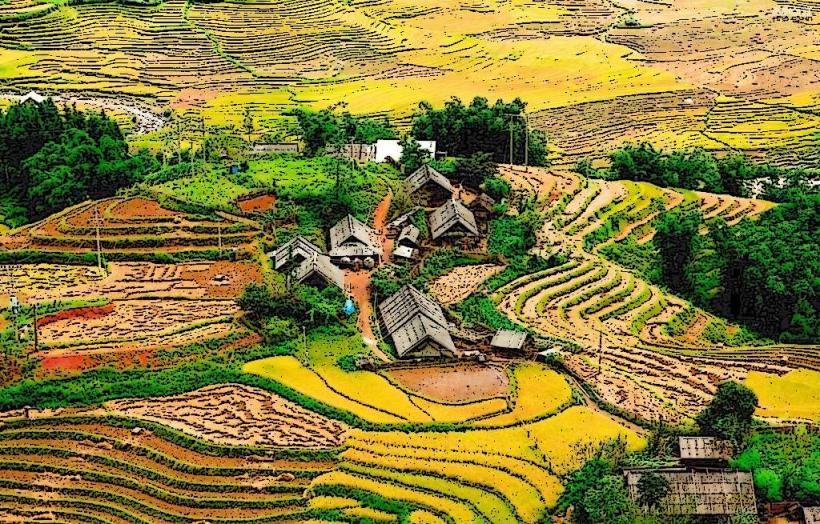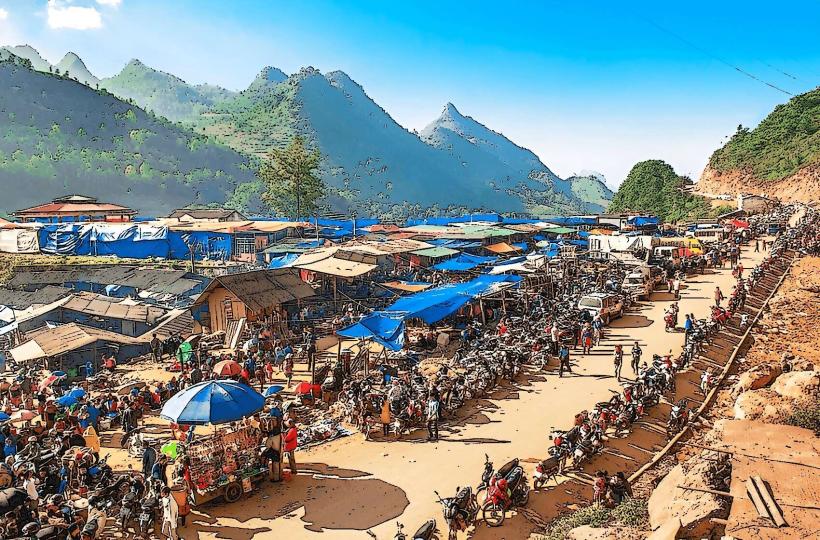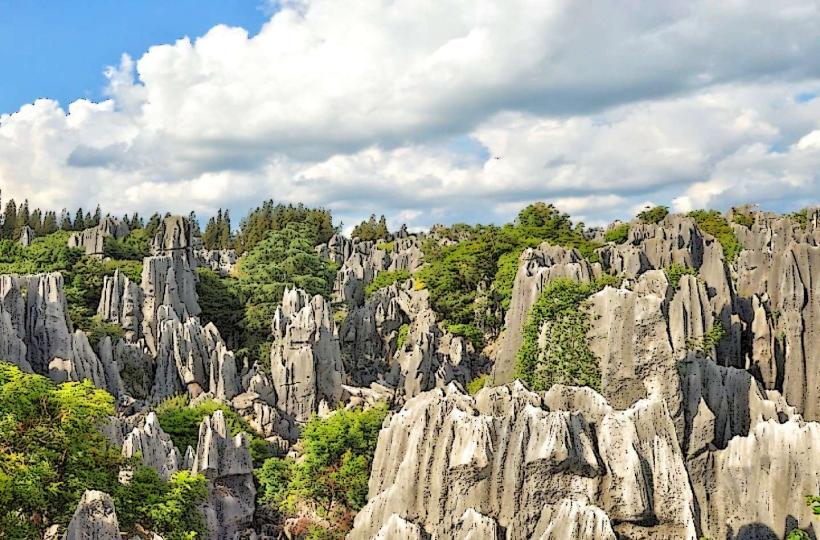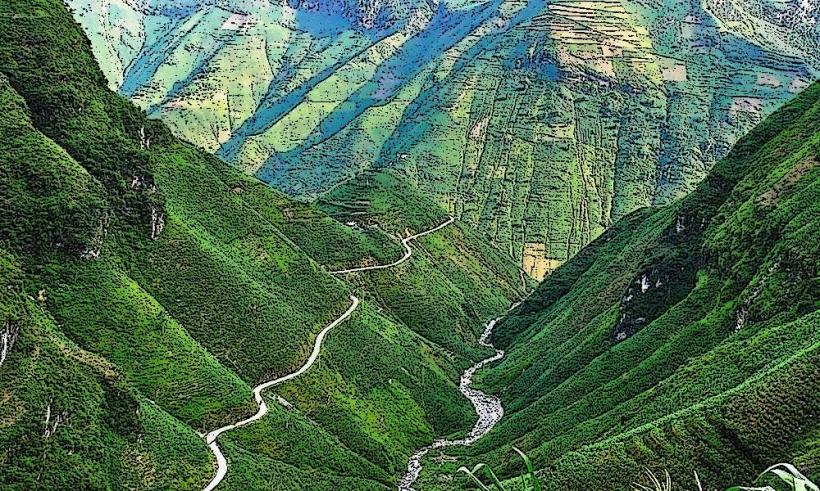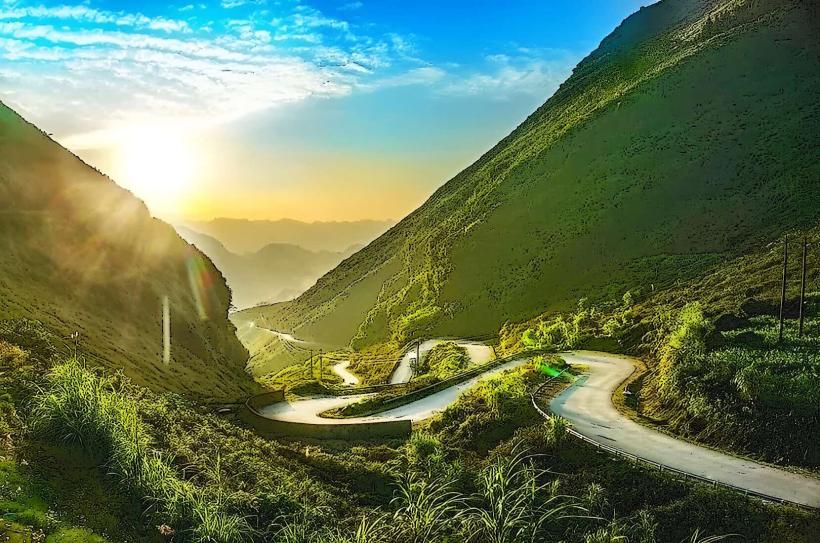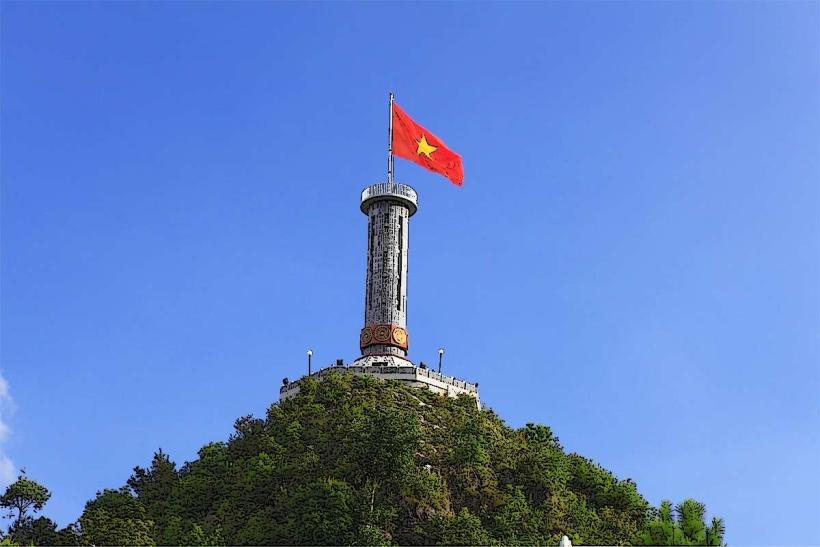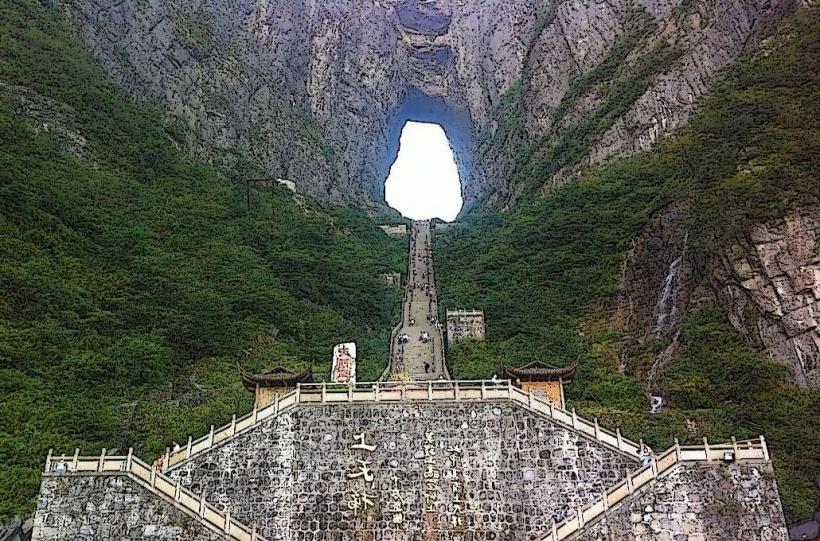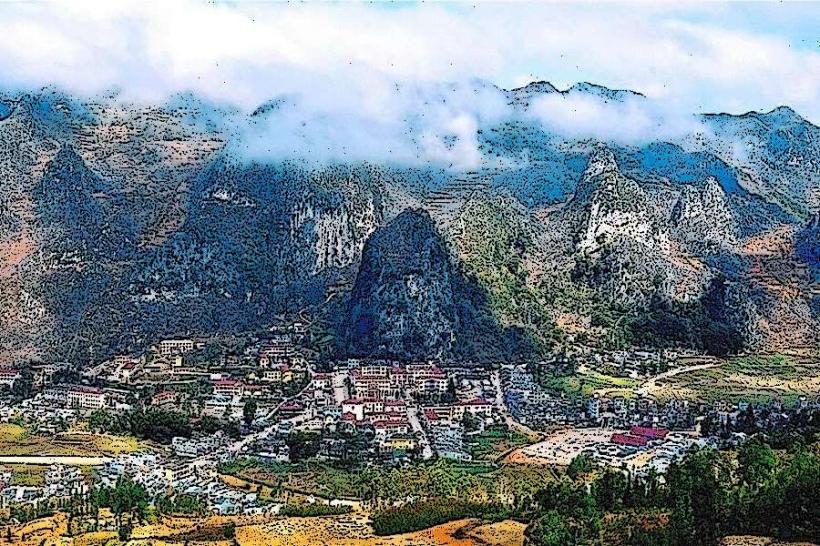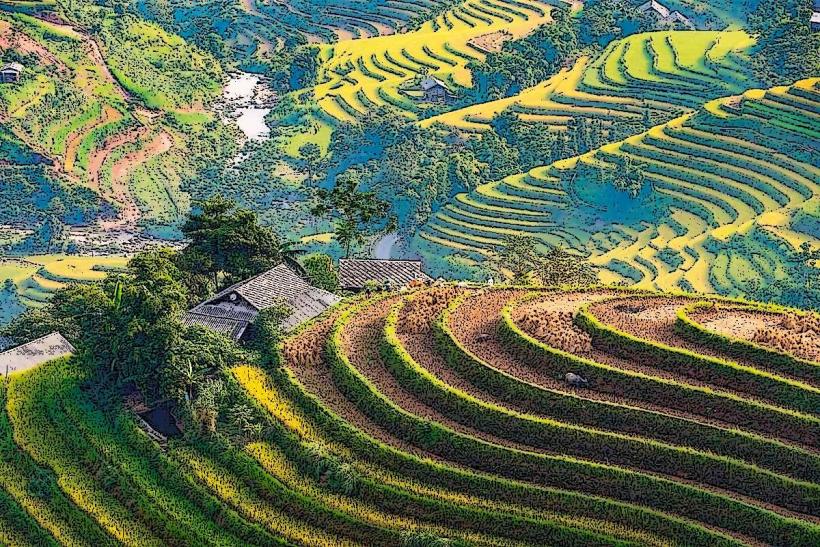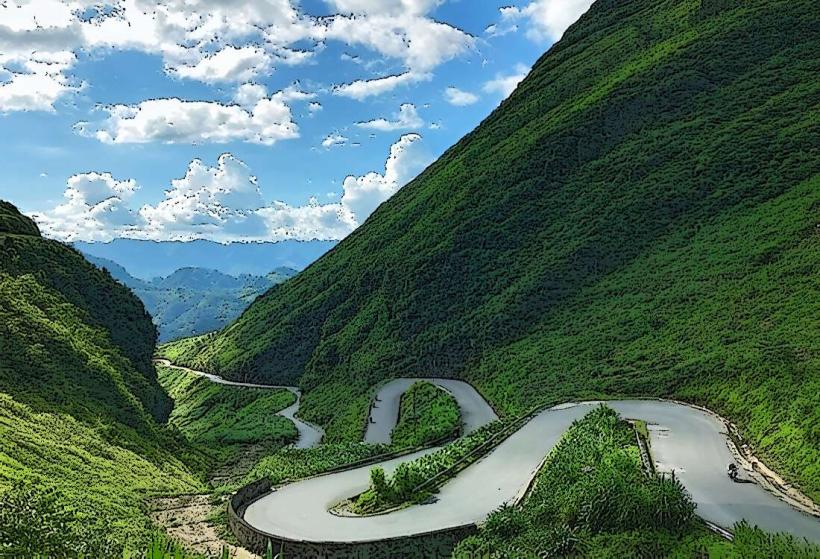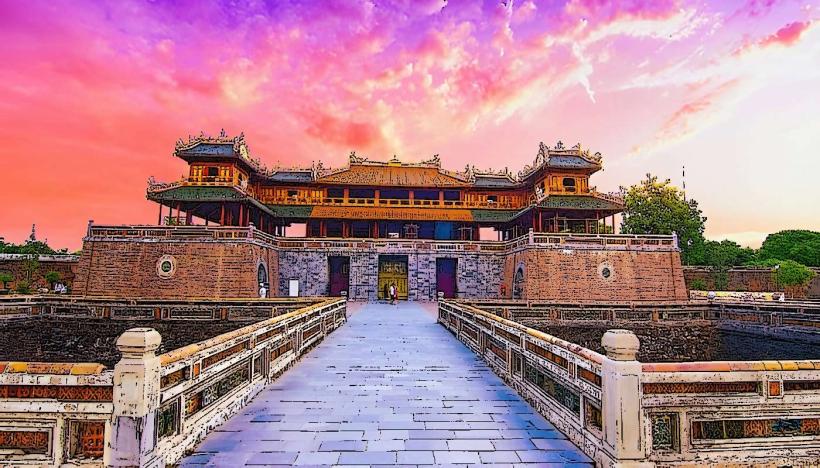Information
Country: VietnamContinent: Asia
Vietnam, Asia
Vietnam is a sovereign state in Southeast Asia with a highly diversified economy led by manufacturing, electronics, and tourism; the capital is Hanoi, while Ho Chi Minh City (Saigon) serves as the primary financial center.
Visa & Entry Policy
As of January 11, 2026, visa policies are as follows:
Visa Exemption: UK, German, French, Italian, and Spanish passport holders are granted visa-free entry for up to 45 days.
Special 2025-2028 Exemption: Citizens of 12 additional countries (including Belgium, Bulgaria, and Poland) are now eligible for visa-free entry through August 2028 under the Tourism Development Stimulus Scheme.
e-Visa: For stays up to 90 days, all nationalities can apply for a single or multiple-entry e-Visa ($25–$50 USD) via the official government portal.
Requirements: A passport valid for at least six months and two blank pages. Travelers must enter and exit through designated international border gates.
Language & Communication
Vietnamese is the official language. English proficiency is high in the urban centers of Hanoi, Da Nang, and Ho Chi Minh City, particularly within the service industry. In rural and mountainous provinces (e.g., Ha Giang, Cao Bang), English proficiency is low. Local communication is heavily influenced by honorifics based on age and social standing.
Currency & Payment Systems
The official currency is the Vietnamese Dong (VND). As of 2026:
Digital Payments: QR code payments (VietQR) are nearly universal, even in street markets. International digital wallets like Apple Pay and Google Pay are widely accepted in urban retail.
Banking: ATMs are ubiquitous but often charge withdrawal fees ($1–$3 USD) and have limits per transaction.
Cash: Essential for small vendors, local buses, and remote regions. US Dollars are rarely used for daily transactions except for high-end tours or visa fees.
National Transport Grid
Rail: Construction on the North-South High-Speed Railway is scheduled to break ground by the end of 2026. Current rail travel relies on the "Reunification Express" (Hanoi–HCMC).
Air: Domestic aviation via Vietnam Airlines, VietJet, and Bamboo Airways is the primary method for long-distance transit.
Urban: Ride-hailing via Grab and Xanh SM (electric vehicle fleet) is the standard for intra-city transit.
Metro: Hanoi's Metro Line 3 and HCMC's Metro Line 1 are operational as of 2026.
Digital Infrastructure
Primary mobile network providers are Viettel, VNPT (Vinaphone), and MobiFone.
5G Status: As of 2026, 5G has achieved over 90% nationwide population coverage, with Viettel having deployed over 30,000 base stations.
2G Shutdown: The 2G network has been fully decommissioned to reallocate spectrum for 5G and 6G trials.
Connectivity: Fiber-optic broadband (FTTH) is standard in most accommodations.
Climate & Seasonality
Vietnam's elongated geography creates three distinct climate zones:
North (Hanoi/Sapa): Four seasons. Winter (Nov–Feb) is cool/misty; Summer (May–Aug) is hot/rainy.
Central (Da Nang/Hoi An): Dry season (Jan–Aug); Typhoon/Rainy season (Sep–Dec).
South (HCMC/Mekong): Two seasons. Dry (Nov–Apr); Wet (May–Oct).
Health & Safety
No mandatory vaccines are required unless arriving from a Yellow Fever zone. Dengue fever is a year-round risk. Tap water is not potable; bottled or filtered water is mandatory. Air quality (PM2.5) in Hanoi and HCMC can reach unhealthy levels during the dry season. The emergency number for Police is 113, Fire 114, and Ambulance 115.
Top 3 Major Regions & Cities
Northern Highlands: Hub: Hanoi (Culture) and Ha Giang (The Loop/Trekking).
Central Coast: Hub: Da Nang/Hoi An (Beaches/UNESCO Heritage).
Southern Delta: Hub: Ho Chi Minh City (Business/Nightlife) and Phu Quoc.
Local Cost Index
1L Water: 12,000 VND ($0.45 USD)
1 Domestic Beer (0.5L): 20,000 VND ($0.80 USD)
1 SIM Card (10GB+ Data): 150,000 VND ($6.00 USD)
Facts & Legends
Vietnam is the world's second-largest producer of coffee (primarily Robusta). Local folklore features the "Four Holy Beasts" (Dragon, Qilin, Tortoise, Phoenix). A central national legend involves Lạc Long Quân (a dragon lord) and Âu Cơ (a fairy princess), whose 100 children became the ancestors of the Vietnamese people. Historically, the "Sword Lake" (Hoan Kiem) in Hanoi is home to the legend of the Golden Turtle God who reclaimed a magical sword used to drive out invaders.

